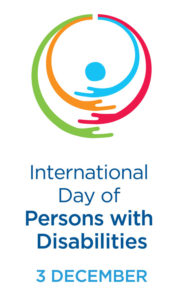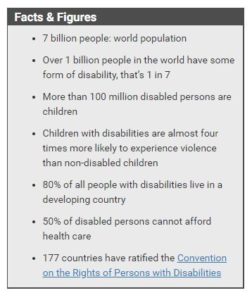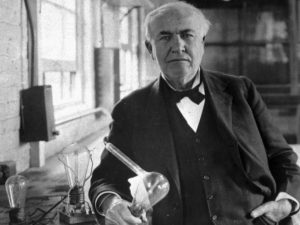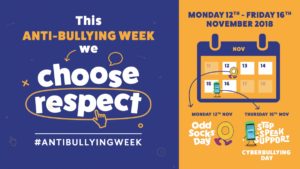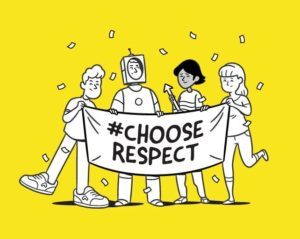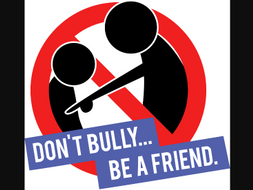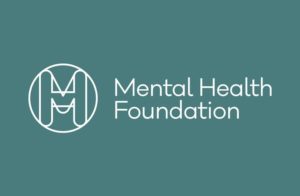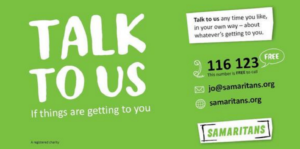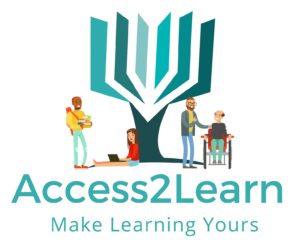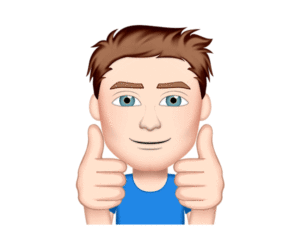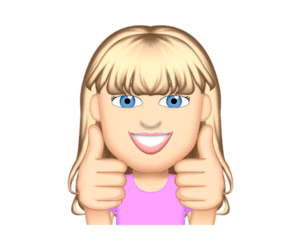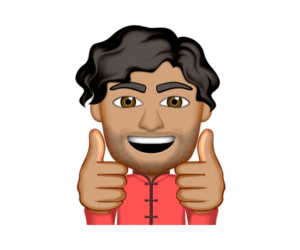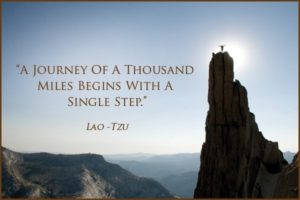
Making the most of 2019 – Taking Action to make this year your year!
To all our dear readers, students, colleagues and friends, on behalf of Access2Learn, I wish all of you a very Happy New Year! I do hope you found some time to unwind and relax a little before we begin the new academic year, or work year depending on your situation – after all, relaxation is but one ingredient for having a successful and happy 2019 … but more on that in just a bit.
I don’t know about you, dear reader, but I personally am delighted to be starting a new year. It wouldn’t be appropriate to put the full details in this blog, but suffice to say, I’m not sad to see 2018 go – not one little bit. One good thing about 2018 though; it gave me a great deal of perspective, which I hope will be of use to you in making the most of 2019!
This might sound incredibly cliché to you, but as someone who didn’t have the best 2018, if I could offer just one bit of advice it would be this: take action. No matter how small or trivial it may seem, mental health, mood and general happiness are always higher when you’re checking things off your list or moving in general. Who knows what you might be faced with this year but whatever challenges may arise, here’s a quote that you should all try to remember;

Lao-Tzu “A journey of a thousand miles begins with a single step”
“The journey of a thousand miles begins with but a single step.”
- Lao Tzu
Over the course of this New Year, you might find yourself on any number of figurative ‘journeys of a thousand miles’ – challenges to which the solution is seldom easy or straight-forward. If you’re anything like me (maybe you have a mental health condition such as Anxiety), the mere thought of embarking on this journey – and the millions of ways it could go pear-shaped – will be enough to leave you feeling consumed with doubt and despair. But even the simplest action – the all-important single step with which the journey begins – will bring you closer to accomplishing the goal. It might be study-related, disability/mental health-related, or it might just be a personal goal of your own discretion … but taking action tends to breed more action – when you feel yourself gaining momentum and making tangible progress, however steady, it’s not hard to feel good about yourself. Keep this point in mind, and you will be able to achieve any goal you set in the end, and your mental wellbeing will be better for simply keeping in motion.
The best thing about this – you can apply this lesson to just about anything – academia, mental health, personal goals etc. Having a problem with revision or study? Start by identifying the specific nature of the said problem, then try asking your tutors for advice, or your classmates, or your faculty. Maybe try Googling it, or looking on YouTube. Doesn’t much matter where you start, the important thing is you made the start. Similarly, if you’re having a problem with low mental health or stress, which is often a multicausal problem, it would be an excellent start to consult your GP, or perhaps a therapist, or a close friend or family member; you might just want to make a mind-map of all the things bothering you and tackle each issue as you see fit. Again, how and where you start is up to your discretion, but the worst thing you can possibly do is nothing.
That is not to say that you should work yourself so hard this year that you burn out – more isn’t always better after all. Action must be affirmative as well, and doing things in excess rather than with precision and thought is seldom affirmative – for example, studying so hard that you can’t take anything in. Do not forget this year to be kind to yourself and to relax when you can – after all, ironic as it may sound, relaxation from time to time is itself a form of affirmative action when you think about it. Without it, you won’t be able to spend any energy on any other action and you’ll simply burn out.
For the final point, this is going to sound unbearably cliché too, but as with the first point, I cannot stress this one enough; Don’t be afraid to fail.
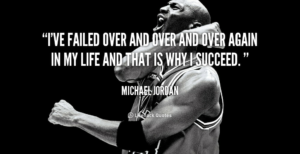
Inspiring words from Michael Jordan
I can almost hear the crickets singing in the background. “Seriously, that’s it?!” you must be thinking. Let’s face it, no one likes to fail … no-one I know of anyway. For some, failure is a phobia … a deep-rooted fear that can leave some paralysed. But the truth about failure is that, like enormous spiders, it’s a fact of life. Like spiders, it may scare the pants off of you, but a fact of life it remains. We all fail from time to time, it’s inevitable. So why be afraid of the inevitable? Even if you do nothing, you’re still failing – in fact, in my experience, doing nothing is the worst form of failure. Since failure is a fact of life, why not take it in stride? Why not learn from it?
“I’ve failed over and over and over again and that is why I succeed.”
- Michael Jordan

JK Rowling, author of the Harry Potter books
Here’s a name you should all recognise – J.K. Rowling, author of the Harry Potter books. Rowling is one of my favourite authors, for
obvious reasons, but it amazed me to find out that her book was rejected 12 times by publishers before she managed to release the first book. Imagine that! The Harry Potter books, rejected 12 times! Thank goodness Rowling never gave up in the face of what must have felt like routine failure, or we’d have really missed out! Who knows what you might accomplish this year, academically, professionally, even personally? Who knows how many times you will fail, or how spectacularly? Ultimately, it doesn’t matter, does it? Failure is just a twist on the road to success, and you will get there if you keep walking!
But I hope this blog has given you some idea of how to make 2019 your year. Who knows what challenges and opportunities the New Year will throw your way? But remember, no matter how big the challenges are, you only need to act once to make the challenge smaller. The first step is always the most important, but once you’ve done it, you can move on the second, then the third … and eventually the hundredth! As you go, remember to credit yourself and relax when you can. But final point, particularly for those like me who suffer from low mental health; don’t spend too much time thinking about it. Yes, thinking and planning is important, but spend too much time in your head and you’ll find Anxiety and Depression rearing their ugly heads!
Once again, a very Happy New Year to you all, and we really hope that this year is your year!

